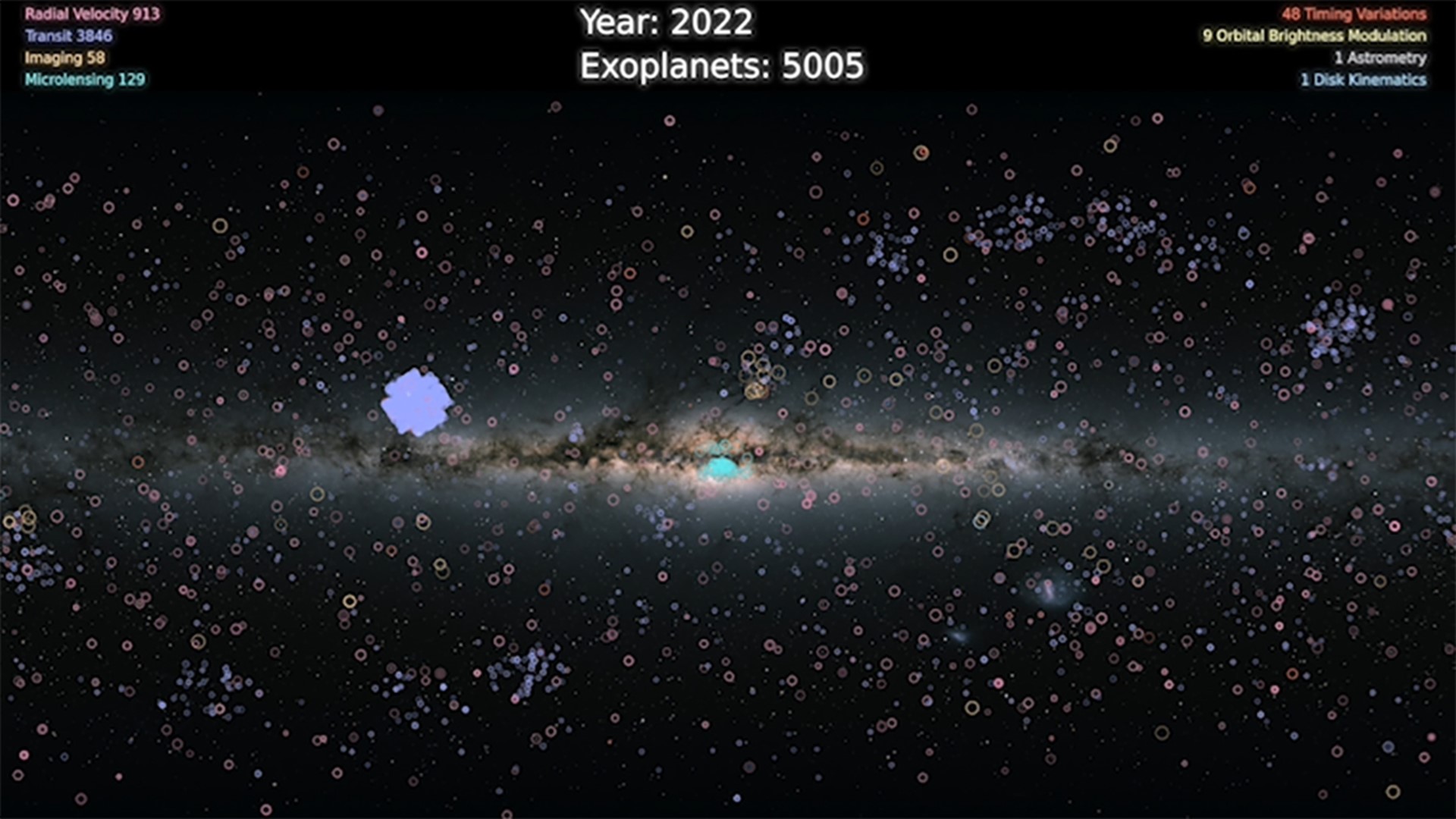HOUSTON — In the last 30 years, astronomers have discovered more than 5,000 exoplanets, but they say that's just a tiny fraction of the likely hundreds of billions of exoplanets in the Milky Way galaxy.
"Some of the oldest stars have planets," NASA Astrophysicist Padi Boyd said. "I manage a group of scientists that study exoplanets and stellar astrophysics."
From earth, Boyd gazes beyond her wildest dreams.
"In the 90s we finally had the technology and the methods to be able to detect these tiny self-luminous objects around other stars," Boyd said. "It's been just a bounty of discovery."
This year, NASA's official planetary odometer has eclipsed 5,000. Among the cosmic milestone is a world orbiting two stars called Kepler-16b. It's similar to Tatooine from Star Wars.
"There's tremendous science fiction based on planets around other stars," Boyd said. "Until we had the methods to detect planets, we still didn't know the answer to the question ... like, are planets around stars common like we see around our sun? Or are they a very rare occurrence? We got the answer and they're everywhere."
Boyd said there are hundreds of billions of exoplanets out there.
"Does that make you think we're not the only ones out there?" KHOU 11 reporter Xavier Walton asked.
"So, of those hundreds of billions of planets is there a good chance that you'll find a solar system that has a planet like Earth and an orbit like ours and a star like ours? I think a pretty good chance," Boyd said. "We should be able to know that there's other type of life out there."

